Departments - Zoology - Student Project
DEPARTMENT:ZOOLOGY
PROJECT WORK
TOPIC: HONEY BEE KEEPING
ACADEMIC YEAR :2022-2023
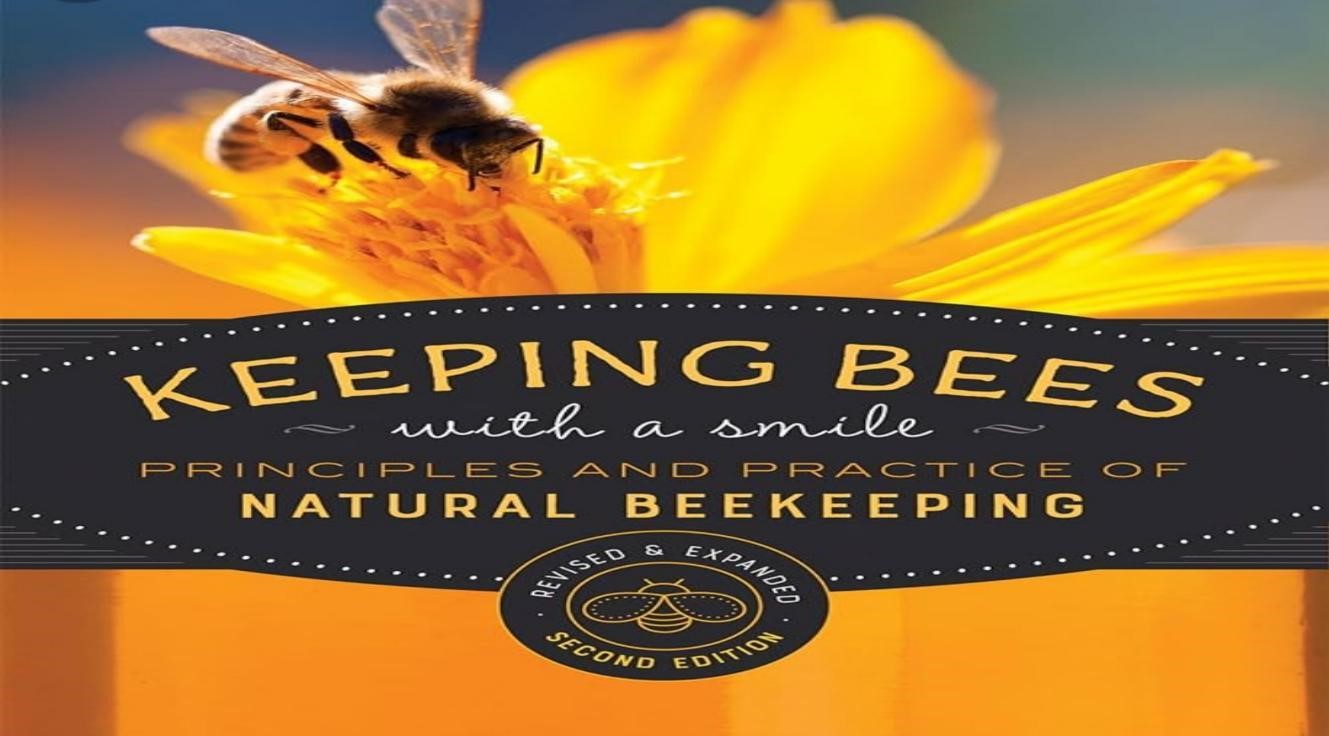
Introduction:
- Indian agriculture needs to be diversified so as to generate more income for farmers. Considering this aspect Khadi and Village Industries Board is promoting Bee-Keeping industry from years together in the country.
- Honey and Bees have been known to mankind since times immemorial.
- Honey is a nutritious fluid collected by Honey Bees which is good for human health. Honey has been used by mankind since a very ancient period as food , medicine etc.
- The Bee-Keeping industry also plays an important role in increasing the yield of crops through pollination. This industry plays an important role in creating employment opportunities among the rural mass.
- The Government is implementing various programs to promote this industry to a large extent.
Manufacturing Process: -
- The preparation of good quality honey starts at the bee yard. Bee-keeping activity should ideally be located where there are minimum movements of human-beings with very little noise.
- Forest area is, therefore, suited with many flowering plants naturally grown. Movable wooden frames with boxes are placed at such locations and these boxes are spread with honey spice to attract more and more honey-bees.
- These bees leave fresh honey sucked from flowers in the cells of honey-comb provided in the boxes to eat bee feed.
- When these cells are full of honey, they are hermetically sealed by capping with wax and then honey is extracted from these cells.
- Freshly extracted honey is warm and easy to bottle.
- Honey should be stored in dry places as it readily absorbs moisture.
MARKET POTENTIAL:
- Bee's Honey is natural, unrefined food consumed as much in fresh or canned state.
- Honey has substantial medicinal properties and is used in India since long. Procurement of natural or pure honey is becoming difficult due to urbanization and Deforestation.
- Simultaneously, its demand is steadily increasing as Ayurveda medicines are becoming more and more popular.
- Honey is used extensively in making Ayurveda medicines. Many health conscious people consume it regularly. Natural honey is always in demand round the year.
- It is also used in making certain health food preparations.
- Therefore, the government is also encouraging this activity and many government agencies extend many incentives as well as marketing support.
EXTENSION ACTIVITIES
- Before starting a Honey bee-keeping project, the entrepreneurs/ farmers are generally advised to undergo training. They can contact local Horticulture Department staff/ Horticulture College/ Agriculture University etc. for the purpose. However, availability of training facilities & resources are inadequate.
- Hence I will provide training on Honey bee-keeping to farmers both onsite and off-site. During the training program special thrust on scientific production technology & marketing will be given.
- For the farmers of nearby localities, visits will be arranged on my Honey bee-keeping & they will be educated on scientific lines regarding various aspects of Honey bee-keeping. It will help them to improve their knowledge and skill regarding scientific practices so as to enable them to adopt the same.
- Capability among Honey bee-keeping growers and processors will be built to produce quality products.
- Initiatives will be taken to strengthen linkages between State Departments, Horticulture Development agencies, NGO’s and farmers.
- For farmers who have decided to avail loan from the bank for the Honey bee-keeping project, assistance will be provided to prepare their bankable project report.
- For the marketing of Honey, farmers will be provided necessary support & guidance.
- Visits of farmers will be arranged to exhibitions with the prime objective of exposing them to technological innovations.
- Nowadays the internet has become an important tool to get the latest information. There are various websites available on Honey bee-keeping which provides useful content. This information will be shared to farmers.
- Necessary assistance will be given to farmers for setting up model Honey bee-keeping units.
- Field visits of Honey producer farmers will be arranged to progressive farmers & research stations which will motivate them to adopt good scientific practices.
SWOT ANALYSIS:
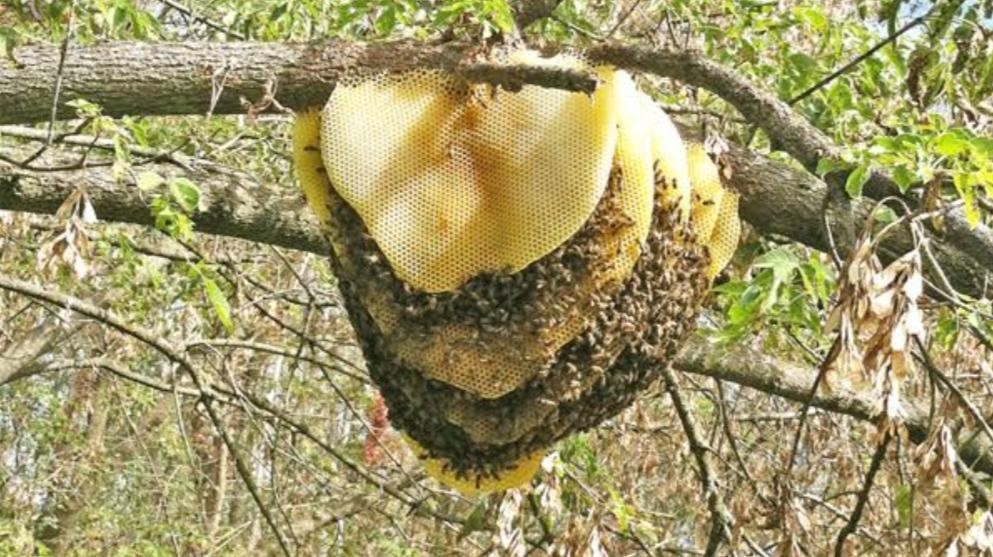
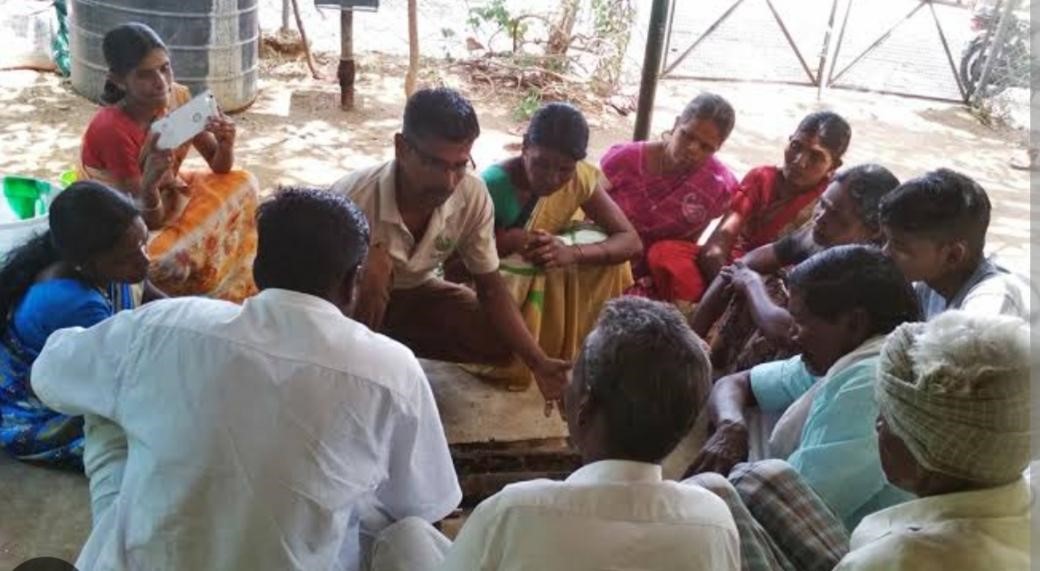
Strengths:
- Bee boxes can easily be prepared at village level with a little training and providing standard specification.
Opportunities:
- Scope for extraction of royal jelly shall increase potentiality since it has demand for preparation of pharmaceutical preparations.
- Beekeeping as we find it today is heavily subsidized. We have to see whether it can run without subsidy or not since subsidies may not be available for ever.
- Its principal product honey is already popular hence the market shall take care.
- Processing of honey is not very difficult which can be done even at cottage scale with simple equipment. • It does not require labour.
- It brings cohesion and cooperation among the villagers.
- It increases the crop yield due to population.
- Honey market can be expanded if organized properly.
- Beeswax can be utilized for manufacture of utility and fancy items.
- Bee venom if extracted can be used for various medicinal preparations.
- Various value added items and recipes can be prepared out of honey.
- Beekeeping can bring a green revolution due to cross pollination.
- Stages of dead bees can be used for medicinal preparations.
- Honey as regular food shall ensure better national health hence shall decrease expenditure on health budget.
- Propolification if collected can be used as medicine.
- There is very good export potential for good quality and original honey obtained from Bees comb. Weakness
- Details about honey of various floras are not available.
- Beekeepers are not organized. Hence they are subject to exploitation by middle man.
- Although it can be trained easily for taming the bees and collecting honey, but it is not easy to train all beekeepers on bee diseases. For prevention or cure bee doctors are not available everywhere, hence epidemic can destroy entire bee population very fast
Threats:
- Taking advantage of the popularity of honey, adulterated honey has taken a bulk of market share which threatens honey marketing.
- Indiscriminate spraying of pesticides has not only killed bees but also made honey harmful.
- Graining of honey of certain floras has made even pure honey unpopular since consumers are not aware of its background. Marketing honey by some monopoly houses recently has exploited beekeepers.
Project Report on Honey-bees Keeping by Himalayadevi and urmila.
TOPIC: VERMICOMPOST
ACADEMIC YEAR :2023-2024
- THE FACULTY OF BZC AND MZC HAVE ORGANIZING VERMICOMPOST PREPARATION IN OUR COLLEGE TO GIVE AWARENESS ON COMPOSTING TECHNIQUE.
- Vermicomposting is a composting technique, which turns the organic debris into a humus-like product by employing earthworms. “Vermicompost'' is the compost produced by the vermicompost unit
- The vermicompost merely refers to the earthworm’s excrement, which provides essential nutrients, aeration, porosity, structure, fertility and water-holding capacity to the soil and plant body.
- The vermicomposting method requires an average temperature between 15-25 degrees Celsius, tropical climate and green wastes. It prevalent uses Eisenia fetida to degrade the organic green wastes due to their best appetites and breeding ability.
- Vermibed or Compost Bed It is recommended over the method of vermiculture through the compost pit. To construct vermibed, we need to follow the given steps:
Step-1: Prepare the first layer by adding loamy soil at the bottom of thickness about 15-20 cm
Step-2: Prepare a second layer by adding broken sticks, pebbles, coarse sand of thickness about 5 cm.
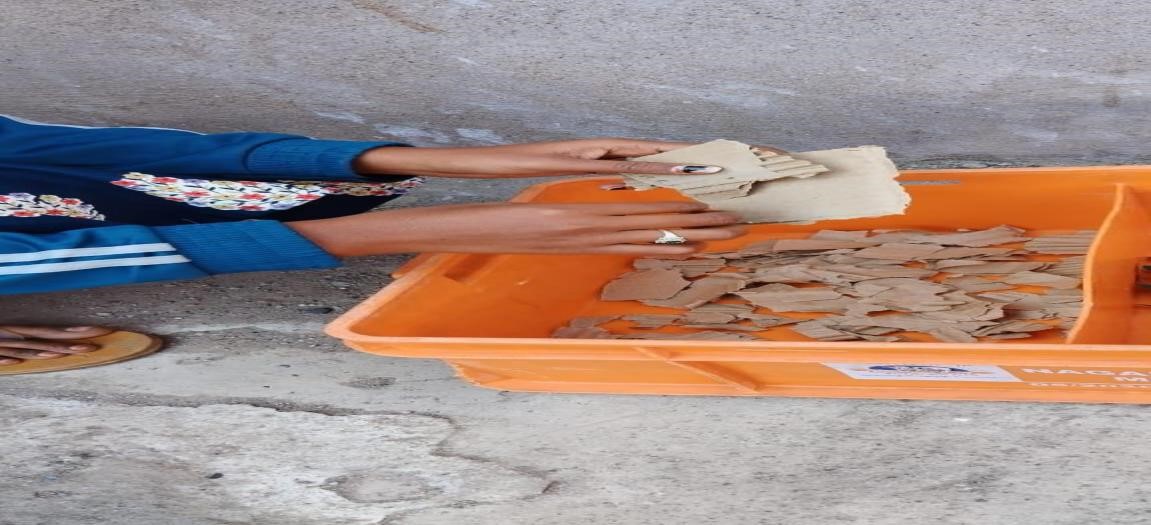
Step-3: It is the most crucial step that involves the addition of earthworms. Around 150 worms are added to the 2m X 1M X 0.75M compost bed with a thickness of 15-20 cm.

Step-4: Prepare the fourth layer by addressing some animal wastes like cow dung, goat dung etc. Over this, add a layer of agro-wastes like dry leaves, wheat straws etc., up to a thickness of 5 cm.
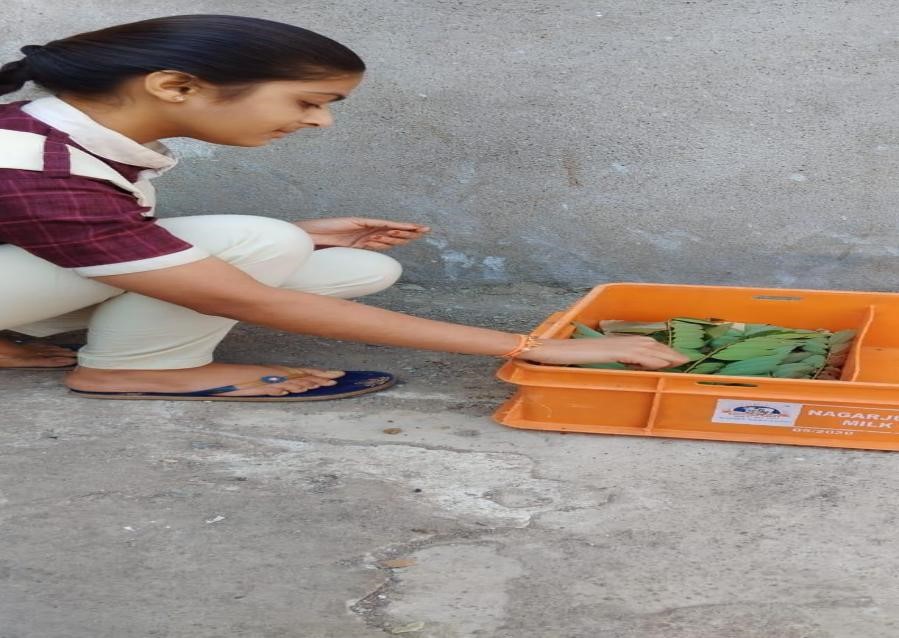
Step-5: Continuous watering is needed for the next 30 days after the construction of vermibed. We need to keep in mind that the feed must not be dry or soggy during this step.
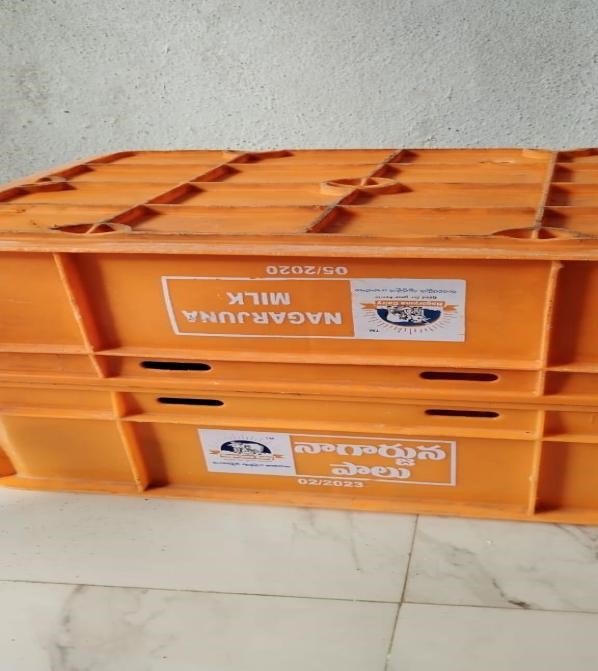
Step-6: Afterwards, cover the vermibed with either coconut leaves or old gunny bags instead of plastic to avoid the heat trapment. This step prevents birds from attacking.
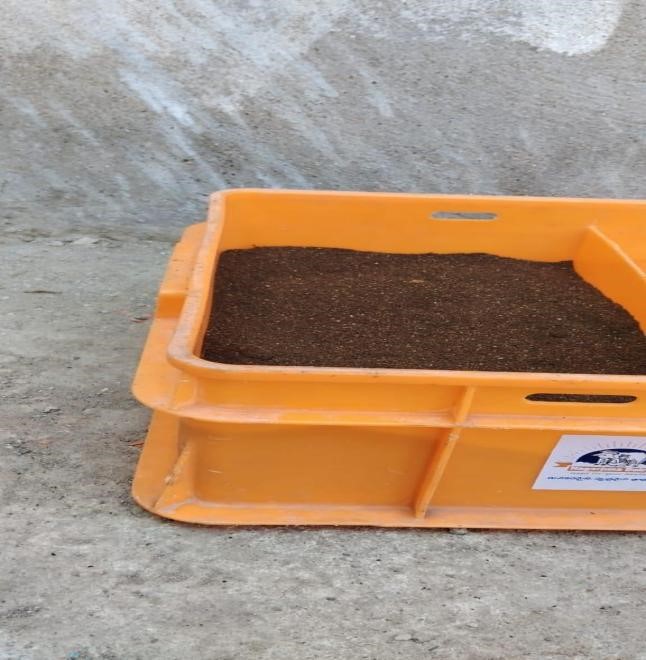
Step-7: Finally, spread the pre-digested organic debris up to the thickness of 5 cm, and repeat this step twice a week.
